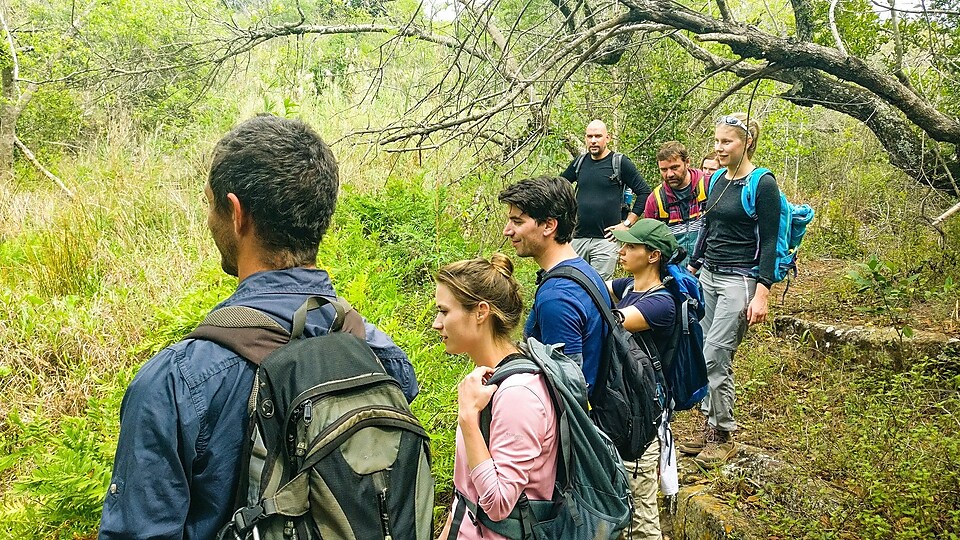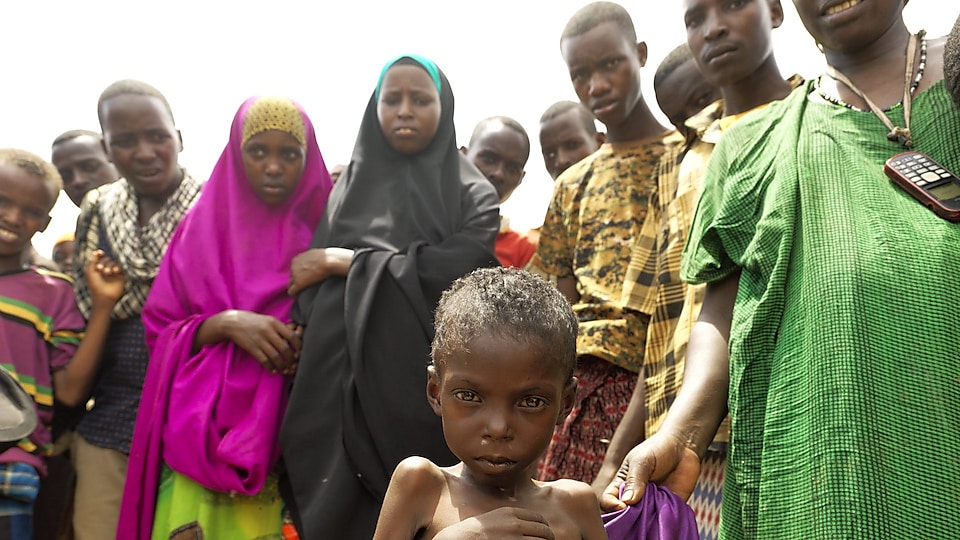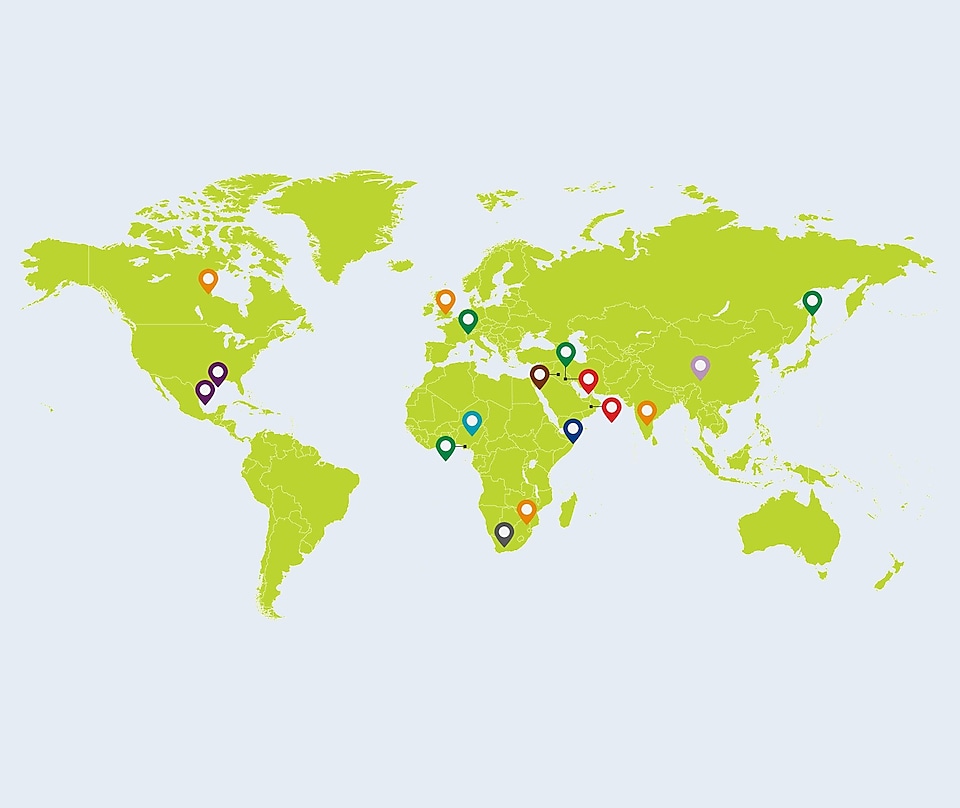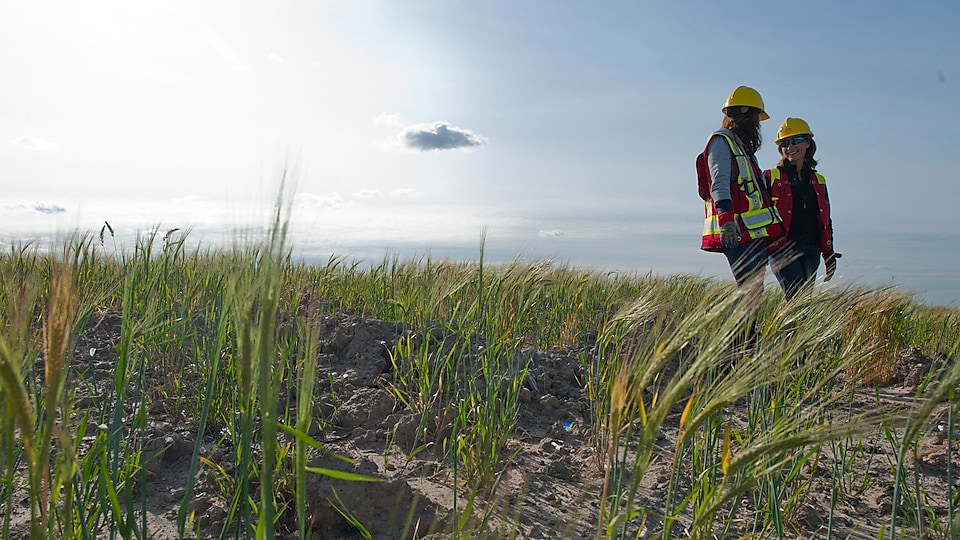
Partnering to protect the world’s ecosystems
Many of the world’s protected areas face organisational challenges. Through a collaboration with Earthwatch, an environmental charity, Shell employees spend a year mentoring the managers of these areas, helping them to develop valuable business skills. Read more about some of these partnerships here.
From the grasslands of Ghana’s savannah to the tropical waters of Madagascar, protected areas offer salvation to some of the world’s most threatened animal and plant life. Covering more than 15% of the world's lands and 8% of the oceans, these areas are important for conserving biodiversity and protecting the ecosystems that local communities rely on.
But these areas also face a range of difficulties. Few area managers are given the opportunity to train in park management and many protected areas lack a clear business plan. This makes running these areas a challenge.
This is where the Earth Skills Network comes in.
Run by Earthwatch, an international environmental charity, the Earth Skills Network is organised in collaboration with United Nations Educational, Scientific and Cultural Organisation (UNESCO), the International Union for Conservation of Nature (IUCN) and Shell.
The programme partners Shell business leaders with managers of protected areas. Shell staff work with these area managers over an intensive ten-day training period at the Lajuma Research Centre in South Africa, followed by a year of mentoring.
The programme gives park managers the opportunity to learn crucial business skills whilst giving Shell leaders the chance to develop their own leadership skills. This is part of Shell’s longstanding commitment to work with others to help safeguard protected areas.
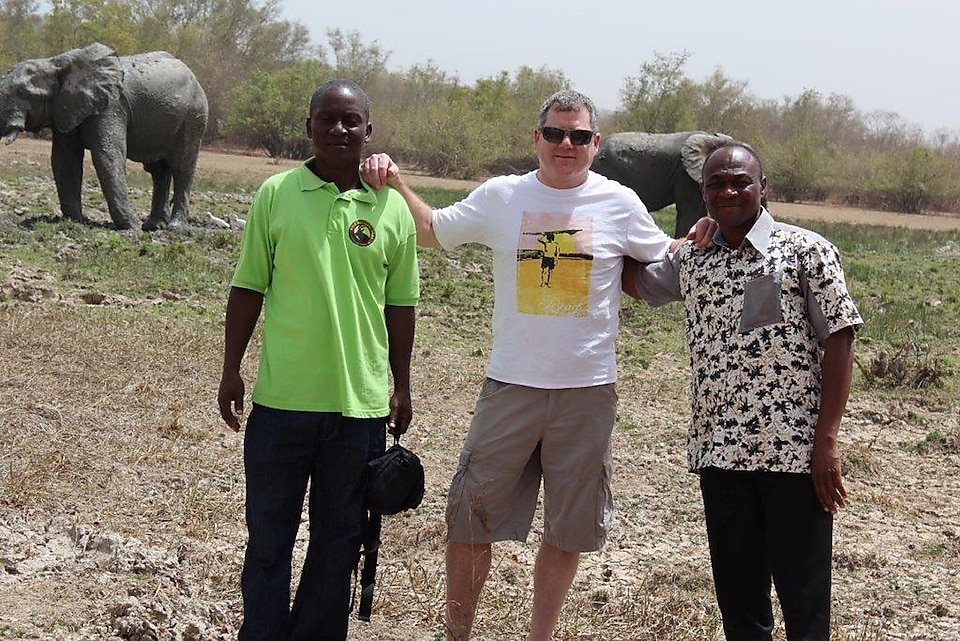
From Ghana’s savannah…
Andrew Stevenson is one of these business leaders. He worked with Farouk Dubiure, the Park Manager at the Mole National Park in Ghana.
The area is a haven for between 600 and 800 African bush elephants as well as home to buffalo, antelope, leopards, hyenas and over 300 species of birds. But, like many parks in Ghana, Mole National Park faces frequent clashes with local poachers, a lack of funding and a dwindling number of visitors.
Over the course of a year Stevenson worked with Dubiure and his team to develop an action plan and put the plan put into action over three years.
The results were striking: an increase in the number of visitors by 50% and an increase in revenue by 200%.
The park was also awarded a grant from the African Elephant Fund to conserve the elephant population. It has also collaborated with a private investor to develop a luxury safari lodge and worked with a governmental agency to improve the roads in and around the area.
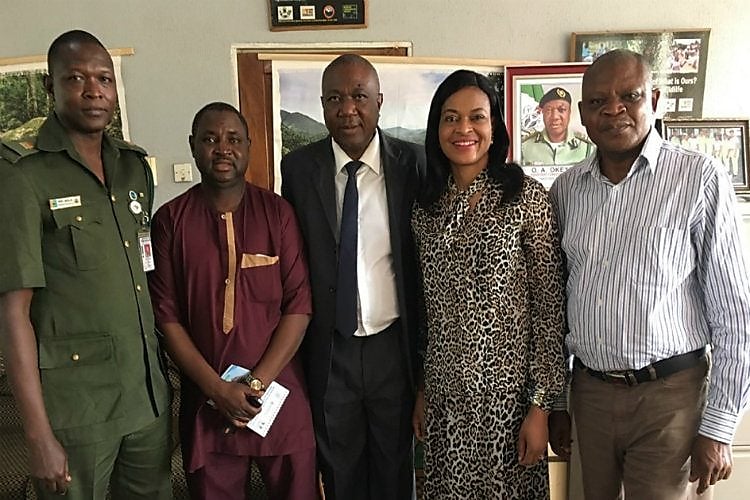
… to Nigeria’s wetlands
But Mole Park is not the programme’s only success story.
In the north of Nigeria lies the Baturiya Wetlands. Stretching along the edge of the Kafin Hausa River the wetlands are home to a diverse range of flora and fauna including migratory water birds. The population of the surrounding villages also rely on the wetlands for their livelihoods.
But, like Mole Park, Baturiya also faced immense challenges. In response to this, Shell’s Pearl Eneh has been mentoring two managers from Baturiya, making it the third Nigerian site that Shell staff have worked with.
Together they have developed an action plan, improved safety at the site and helped to promote the wetlands. Eneh also helped the team map out their stakeholders for the first time.
“Once you know who your stakeholders are you can properly engage with them,” says Eneh. “This was an absolutely crucial step for the team because once you get your local community as your partner there is so much more that you can achieve.”
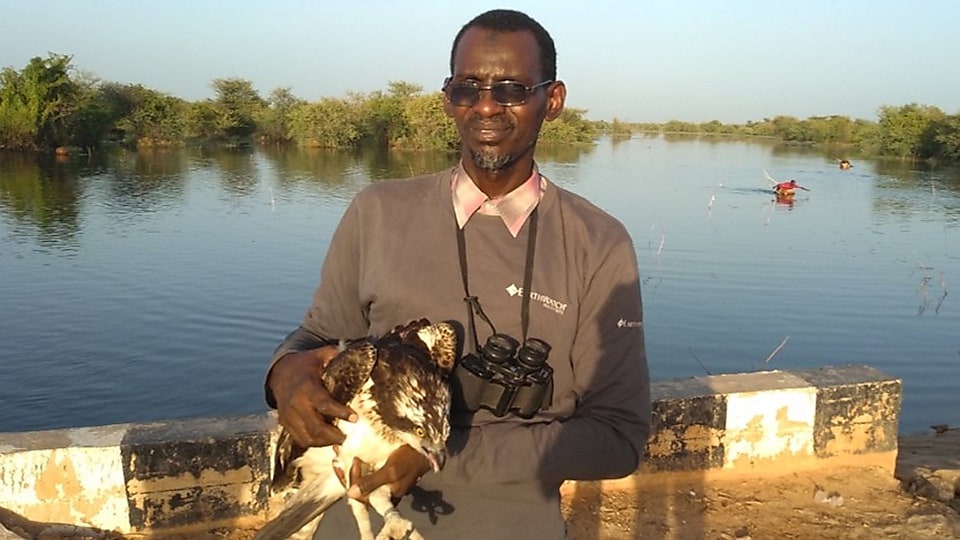
The Baturiya Wetlands is a sanctuary for migratory water birds. Ibrahim Muhammad is one of the wildlife conservation officers
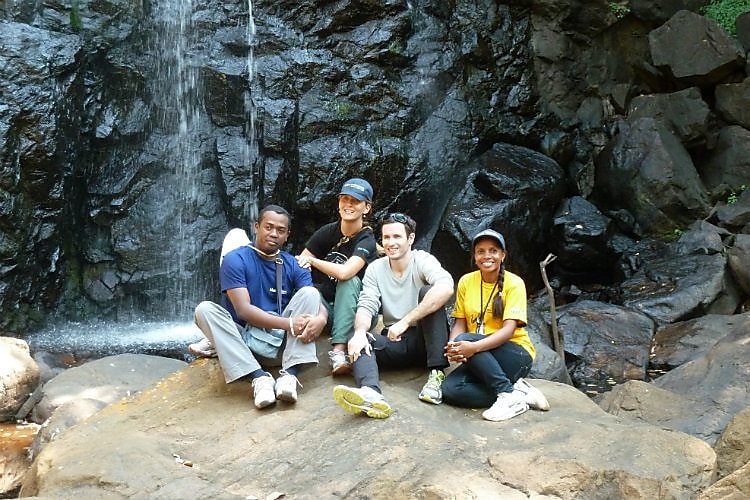
And Madagascar’s oceans…
On the other side of the continent Shell’s Felix Balthasar was mentoring Blue Ventures, a marine conservation organisation in Madagascar.
“The programme couldn’t have come at a better time,” says Liz Day, one of the Blue Ventures mentees. “We were starting to grapple with the operational realities of rapid growth, transitioning from a small group of field-based marine conservationists to a medium sized, multi-national, interdisciplinary social enterprise.”
Balthasar helped the team to identify their biggest weakness: a lack of organisational structure. Together they worked on developing a new management structure and improve communication across the organisation.
“The changes we implemented have made us even more dynamic and interesting as a place to work,” Day says. “And they have, in my opinion, already impacted on communities for the better.”
Twenty years of partnering
Shell employees have now been participating in the Earth Skills Network programme for ten years. To date 58 Shell business mentors have partnered with 166 staff from 57 different protected areas across Africa and Asia.
Shell also partners with Earthwatch to offer employees the chance to participate in environmental research and conservation projects through its programme Project Better World. Earthwatch and Shell’s partnership started in 1998 and since then Shell employees from 52 countries have contributed over 53,000 hours to data collection and conservation activities.
To learn more about the Earth Skills Network please visit their website.
More in Sustainability
A thousand contributions to the frontline of conservation
In collaboration with the global charity Earthwatch, Shell employees have the chance to contribute to environmental conservation efforts around the world.
Working together to build stronger communities
Through our global strategic partnership with Mercy Corps, we help local people recover from crisis or build better lives and transform their communities, in a number of places where we operate.
You may also be interested in
Environmental and social partners
We work with organisations all over the world to help us to reduce our environmental and societal impact and to benefit local communities.
Biodiversity
Our projects can affect local natural habitats and communities that depend on them. Read about our work on biodiversity around the world.
